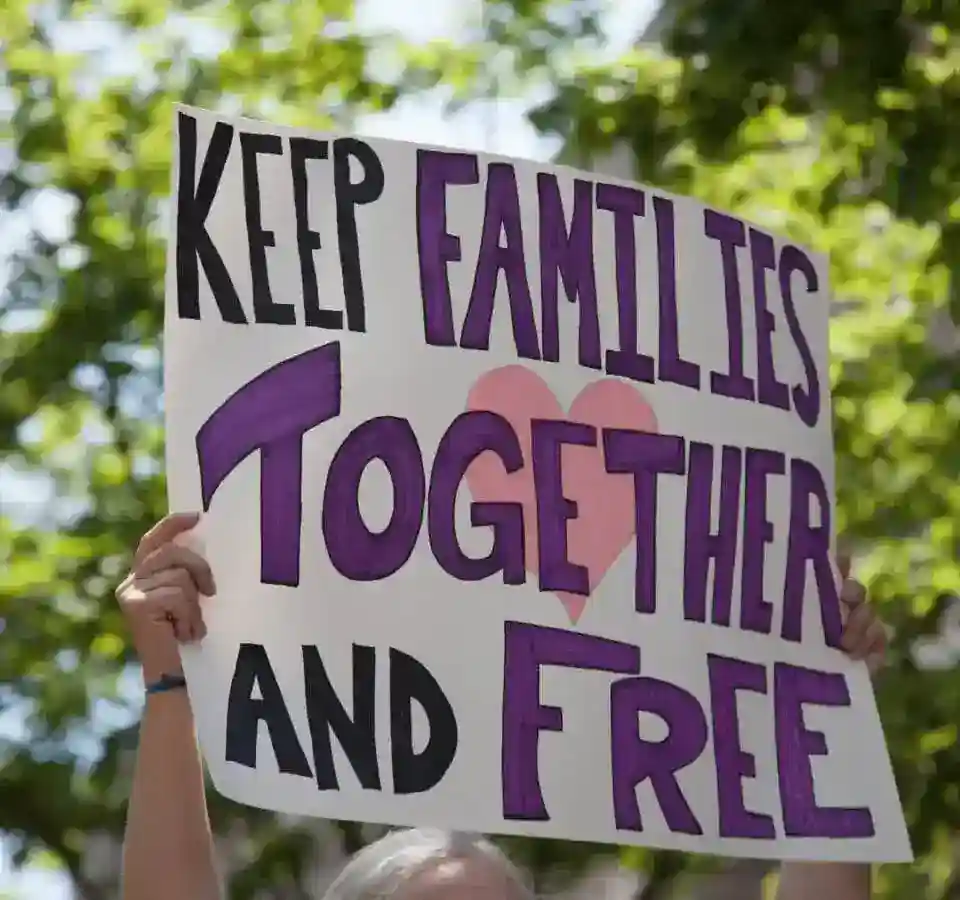Immigration Waivers: When Are They Necessary?
Facing a roadblock in your immigration journey can be disheartening, especially when you learn you are “inadmissible” to the United States. However, an issue of inadmissibility does not always mean the end of the road. An immigration waiver can provide a critical second chance. At Zaveri Law Firm P.C., we help clients overcome these challenges, offering a path forward when one seems impossible.
Understanding when a waiver is needed is the first step toward overcoming your immigration obstacle. A waiver may be necessary if you have:
- Accrued unlawful presence in the United States.
- Certain criminal convictions on your record.
- Committed immigration fraud or misrepresentation.
- Specific health-related grounds of inadmissibility.
What is an Immigration Waiver?
An immigration waiver is a form of legal forgiveness granted by U.S. immigration authorities. It excuses a specific ground of inadmissibility that would otherwise prevent you from obtaining a visa or a Green Card. Think of it as a formal request asking the government to overlook a past issue because of compelling circumstances, most often the extreme hardship your absence would cause a qualifying U.S. citizen or permanent resident relative. Each waiver type has its own set of strict requirements, and success depends on a carefully prepared and thoroughly documented application.
Common Situations Requiring a Waiver
Several circumstances can make a person inadmissible. One of the most common is unlawful presence. Individuals who have remained in the U.S. beyond their authorized stay may face a three or ten-year bar on re-entry. An I-601A Provisional Unlawful Presence Waiver can allow certain individuals to seek this forgiveness before they leave the U.S. for their consular interview, reducing family separation time.
Criminal history is another frequent trigger. While not all convictions lead to inadmissibility, crimes involving moral turpitude, controlled substances, or multiple convictions can create significant barriers. A waiver application in these cases must demonstrate that you have been rehabilitated and that your qualifying relative would suffer extreme hardship if you were denied entry.
Other situations include:
- Immigration Fraud: If you previously provided false information to gain an immigration benefit, a waiver is required to forgive the misrepresentation.
- Health-Related Grounds: Certain communicable diseases or the lack of required vaccinations can make you inadmissible, though waivers are available.
How Do I Apply for a Waiver?
The waiver application process is intricate and demands precision. It begins with identifying the correct waiver for your specific situation, such as the Form I-601, Application for Waiver of Grounds of Inadmissibility, or the Form I-212, Application for Permission to Reapply for Admission.
The core of a successful waiver application is proving “extreme hardship.” This legal standard requires more than just the emotional or financial difficulty your family would face. You must provide extensive evidence detailing how your qualifying relative’s life would be severely impacted. This can include:
- Medical conditions and access to care.
- Financial considerations and potential loss of income.
- Emotional and psychological distress.
- Ties to your home country and conditions there.
Contact Us
Navigating the requirements for an immigration waiver is a significant undertaking. The support of a knowledgeable legal advocate can make all the difference. At Zaveri Law Firm P.C., we provide the personalized guidance needed to build a compelling case. If you are facing an issue of inadmissibility, contact us today for a consultation to explore your options.





